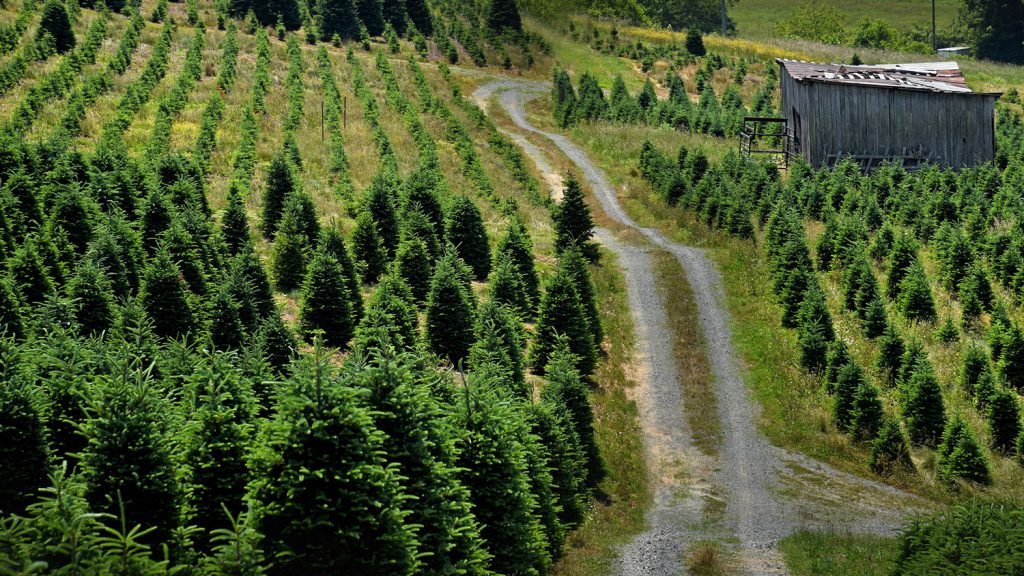Forest Genetics

Building Better Trees
Our forest genetics programs harness the power of genetics, molecular biology, biotechnology, chemistry and statistical analysis to improve the trees and tree populations that matter most locally, nationally and globally. Our work is driven by a shared purpose and a set of core goals:
- Boosting productivity and economic return for landowners
- Improving the quality and value of plantation-grown trees for the forest products industry
- Restoring and enhancing forest ecosystems
- Exploring how genetics influence key traits — from the molecular level to entire tree populations
- Building resistance to pests and diseases through genetics and genomics
- Strengthening forest trees’ ability to adapt to environmental change
- Preserving the genetic diversity of both commercial and native tree species
Across all these efforts, our focus remains the same: advancing science-based solutions that lead to healthy, resilient forests and sustainable management — in our state, and far beyond.
By uniting our strength in science and technology with a commitment to excellence in a comprehensive range of disciplines, NC State Forest Genetics research promotes an integrated approach to problem solving that transforms lives and provides leadership for social, economic, and technological development across North Carolina and around the world.
Forestry and Environmental Resources Research Features
Meet Our Experts
At the College of Natural Resources, our faculty are at the forefront of education and research in the field of forest genetics.
- Juan Acosta, Associate Professor
- Gary Hodge, Professor
- Fikret Isik, Professor
- Robert Jetton, Research Associate Professor
- Kevin Potter, Research Professor
- Nasir Shalizi, Research Scholar, Associate
- Daniel Solis, Assistant Research Professor
- Trevor Walker, Assistant Professor
- Jack Wang, Assistant Professor
- Ross Whetten, Professor
- Justin Whitehill, Assistant Professor
Our History
For more than 60 years, forest genetics has been a cornerstone of the Department of Forestry and Environmental Resources. This legacy includes the founding of several major programs: the Tree Improvement Cooperative (1956), Camcore (1980), Forest Biotechnology (1987) and Christmas Tree Genetics (1996). Together, they have trained generations of students from around the world — many of whom now lead forestry and genetics programs across the globe.
In 1969, the department also launched the Forestry Productivity Cooperative. Today, the members support more than 24 million acres of pine and broadleaved plantations across the southeastern U.S. and Latin America. With expertise in silviculture, forest nutrition, soils, ecophysiology, remote sensing, growth modeling, GIS and spatial analysis, the cooperative is one of the largest silviculture research and education programs in the world.